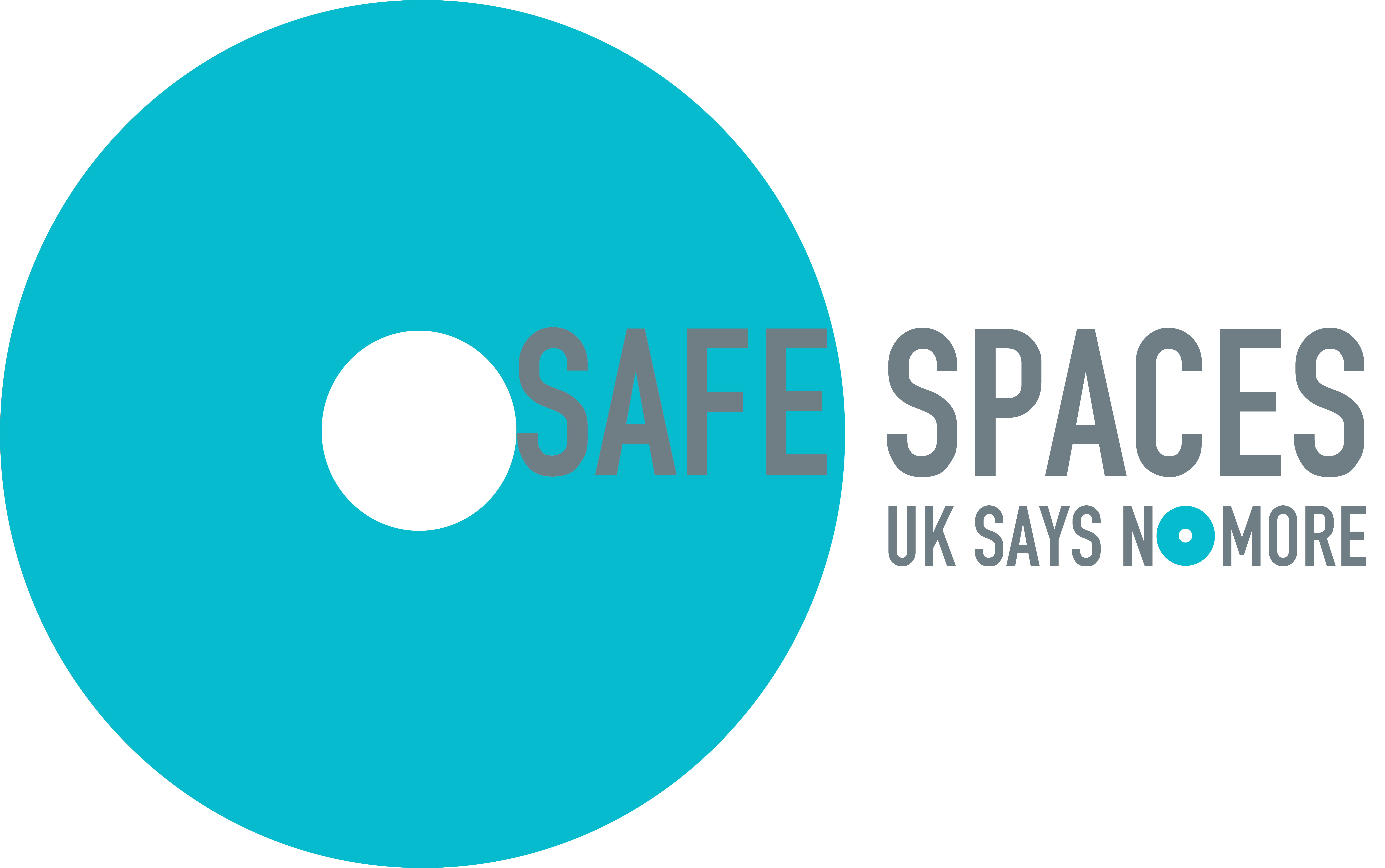Selling, staircasing and remortgaging - FAQs
If you're a leaseholder or shared owner in an affected block, you'll have questions about your ability to staircase, remortgage or sell your property.
We have a separate page on EWS1 forms, which you can view here.
Some of you may have experienced or be aware of issues with mortgage lenders being reluctant to lend to leaseholders in tall buildings.
Lenders now require a building owner to produce an additional certificate (EWS1). Where we need to appoint a Chartered Fire Engineer, part of their appointment includes the provision of an EWS1 Certificate.
We will try to obtain this certificate on your behalf as soon as possible and once it’s finalised make it available to you.
If you are trying to sell your property, then we also advise you to speak to an Independent Financial Advisor familiar with the current mortgage market for high rise blocks of flats.
Lender update March 2022
In March 2022, UK Finance announced that some lenders would be willing to lend on a property that did not have an A1, A2 or B1 rated EWS1 form. These ratings show that work is no longer required.
Where an assessment has shown that remediation is required on a building, lenders would lend if presented with a fully funded plan and a start/finish date. This means that for those residents living in buildings where you know remediation is required, you may be able to sell your home before the remediation is complete. Once we have a fully funded plan and a start/finish date, we will share the relevant documentation with residents so they can present it to lenders.
As of March 2022, this only applies to a small number of high street bank - you can see who has signed up on the UK Finance website.
Should I advertise my property if you’ve told me it needs an investigation, or the investigation is ongoing?
Ultimately the decision is yours. We cannot advise you what to do, however we do want to make sure you are informed of all the facts about your property. You can speak to an independent financial advisor, but again this may come at cost to you and we will not be able to reimburse you.
Are any properties within my development able to sell?
In our experience mortgage lenders will treat all properties on each development in the same way.
In our experience your existing lender will allow you to switch to a new ‘product’ from their portfolio. This is known as a Product Transfer and you can find more information about it here.
However, if you want to switch lender, the RICS form mentioned above should help with this.
Again, we would advise that you speak to an Independent Financial Advisor familiar with the current mortgage market for high rise blocks of flats.
Property valuations are affected by various factors outside of Network Homes’ control. We do not insure against a decrease in property values.
Please contact us if you wish to let your property and we will assist you. We also recommend you inform your mortgage lender.
If you decide to advertise your property, you may begin to incur costs. If this happens, Network Homes will not be liable to reimburse any cost you may have incurred.
We do have a buyback policy and both leaseholders and shared owners have asked us to buy their home back from them. Sadly, we do not have the financial capacity to do this at scale - we have hundreds of properties which are affected by building safety.
We will only do a buy back in truly exceptional circumstances. We have seen many shared owners and leaseholders are in difficult situations and want to move because of relationship, family, career or health issues – given the scale of the challenge we are facing, these are not exceptional circumstances.
If we do agree that a resident is facing exceptional circumstances, our buyback policy is to subtract the cost of any known repairs from the buyback valuation. This means a shared owner or leaseholder is in effect still paying for the cost of building safety remediation.
Shared ownership and staircasing
This will depend on your personal circumstances. If you are funding the additional equity from your savings, you are free to staircase.
However, if you require an additional loan to finance the purchase of the additional equity, we recommend you discuss this with your existing lender before deciding what to do.
Ultimately the decision is yours. We don't want to tell you want to do, but we do want to make sure you are informed of all the facts about your property. You can speak to an independent financial advisor, but again this may come at cost to you and we will not be able to reimburse you.
If you begin the resales process and later decide that you no longer wish to proceed all you need to do is let us know. We will then be able to remove your property from our website and let any potential buyer/s know that the property is no longer available for sale.
Once your nomination period has ended you will be free to advertise your property on the open market. Please note that if you decide to proceed with an agent, you will need to clarify their fees with them directly. We also recommend that you inform your chosen agents of the status of your building investigations in order that any potential buyers can be made aware from the outset.
Mortgage lenders have begun to request reports regarding cladding and external walls before they will proceed to issue a buyers mortgage offer. In a few cases some lenders have started to offer £0 valuations on flats due to questions over whether the buildings are compliant with the government’s advice. As the building investigations are still ongoing, we have not had any resale shared ownership homes proceed to sales completion.
In similarly limited circumstances to buy backs, we are also able to consider 'reverse’ (downward) staircasing - this must be in line with rules set by Homes England and the GLA.
A reverse staircase would see us buying back some shares so that residents can reduce their mortgage payments if they are struggling. This may help some residents currently facing financial difficulties. But given the shared owner would remain responsible for 100% of remediation costs, with a smaller share – it is unlikely to be a solution for many. Network Homes only offers this in exceptional circumstances – as above with our buyback policy.
We don't normally allow shared owners to sublet their homes, as it is usually a term of the sale that the home is used as their primary address.
However, for those affected by building safety issues who may need to move for work or family reasons, we will consider this. Please get in touch with us to discuss subletting your home.
The £0 valuation is for the purposes of mortgage lenders only, not for staircasing. The value of your property still remains as per your independent RICs valuation report.
If you proceed to staircase and use a new lender there is a possibility that they may query the cladding and value the property at £0 however if you choose to stay with your current mortgage provider they may not require a report on the external walls and building safety so you may be able to complete staircasing. We recommend that you seek advice from an independent financial advisor prior to proceeding.
We've been lobbying the government and are still asking them to consider funding the work on these buildings and to clarify their guidance to help people to sell their homes. They have recently announced that they are considering options of how they could possibly help leaseholders.
Get in touch with us
If you've still got a question, you can contact us on customerservice@networkhomes.org.uk or fill out our form.
More information
-
 The latest on cladding and building safety from the government
The latest on cladding and building safety from the governmentFind out what the government has said recently on cladding and how it is affected by coronavirus.
The latest on cladding -
 My building - FRAs, documents and newsletters
My building - FRAs, documents and newslettersView your building's fire risk assessment (FRA) and other documents , including fire evacuation strategy, building safety and estate updates.
My block documents (FRAs) -
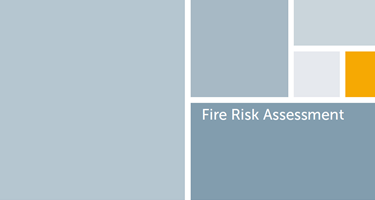 Fire Risk Assessments - FAQs
Fire Risk Assessments - FAQsNot sure what an FRA is? Find out here.
Fire Risk Assessments - FAQs -
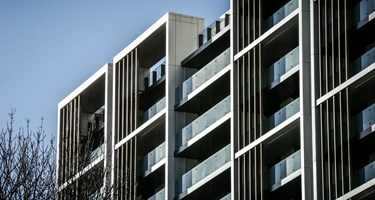 Cladding - FAQs
Cladding - FAQsGet the answers to all your questions about cladding on your building.
Cladding - FAQs -
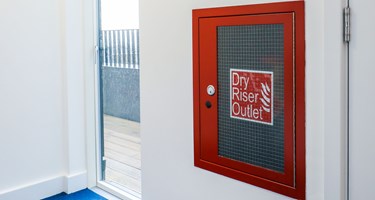 Fire safety tips
Fire safety tipsDo you know how to test your smoke alarm or top tips to prevent a fire?
Find out here -
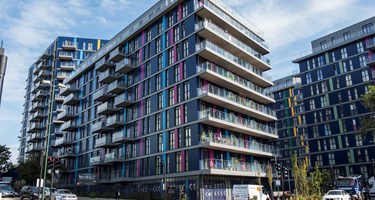 EWS1 forms - FAQS
EWS1 forms - FAQSSee when an EWS1 form is required and how the form came about.
EWS1 forms -
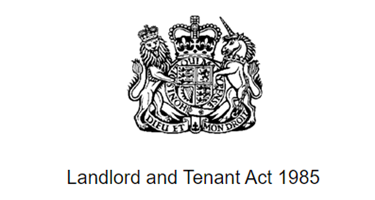 Who pays for building safety work? Section 20 - FAQs
Who pays for building safety work? Section 20 - FAQsFind out about the leasehold consultation process known as Section 20.
Section 20 - FAQs -
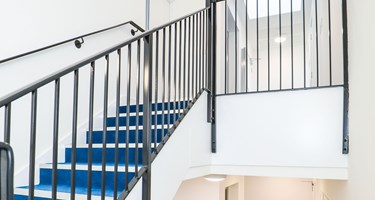 Vulnerabilities - help to evacuate
Vulnerabilities - help to evacuateIf you live in a block with a waking watch and think you or a member of your household needs help to evacuate, let us know.
Vulnerabilities -
 Resources for residents
Resources for residentsInformation on organisations who may be able to offer you independent advice.
Resources for residents -
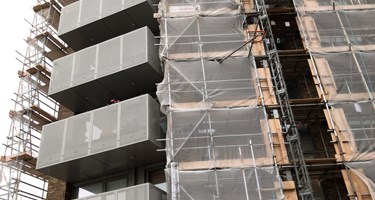 Support with building safety work costs
Support with building safety work costsFind out about applications for interest free loans to help pay for building safety remedial work.
Support with building safety work costs -
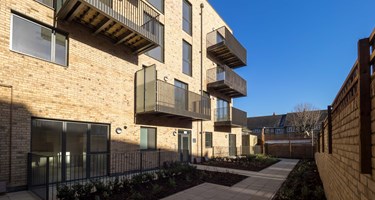 Buildings below 18 metres
Buildings below 18 metresWhat does it mean if you live in a mid or low rise building?
Buildings below 18 metres

